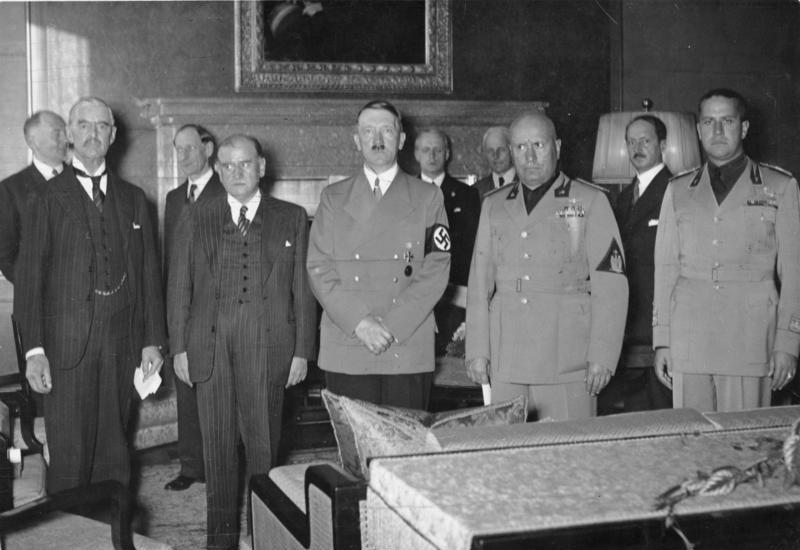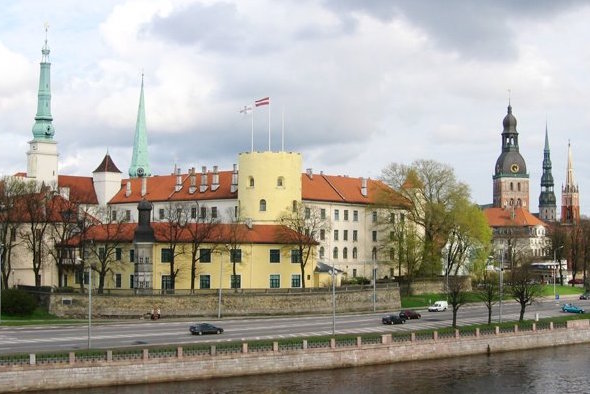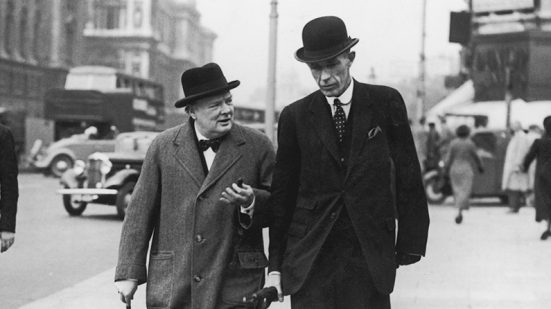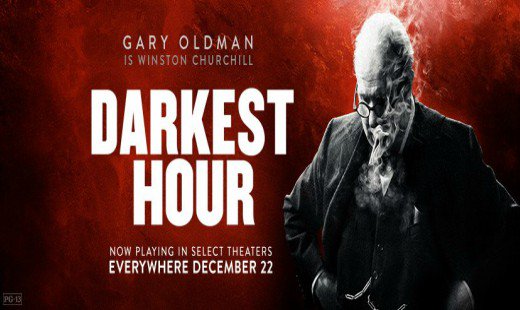
Munich Reflections: Peace for “a” Time & the Case for Resistance
Journalist Leo McKinstry’s Churchill and Attlee is a deft analysis of a political odd couple who led Britain’s Second World War coalition government. Now, eighty years since the death of Neville Chamberlain, he has published an excellent appraisal in The Spectator. Churchill’s predecessor as Prime Minister, Chamberlain negotiated the 1938 Munich agreement. “Peace for our time,” he famously referred to it. In the end, he bought the world peace for a time.
Mr. McKinstry is right to regret that Chamberlain has been roughly handled by history. “The reality is that in the late 1930s Chamberlain’s approach was a rational one,” he writes.…









